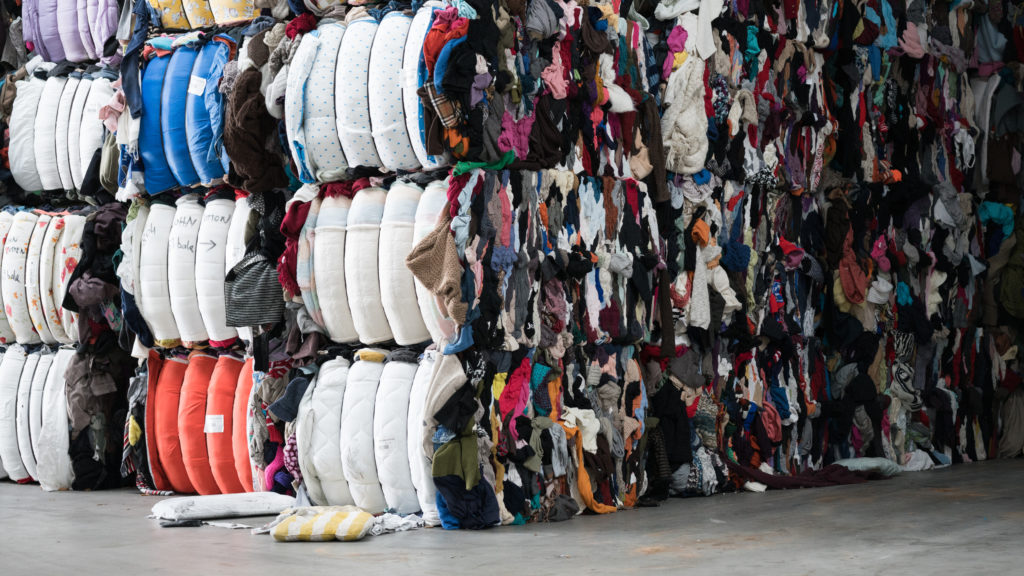JMP Wilcox and Company, which is based on Batmanshill road in Bilston in the West Midlands, has started building a state-of-the-art facility to handle 600 tonnes of rags a week at the nearby Beldray Works Industrial Estate.
Our growth over the past two years has come from our focus on municipal and local authority textile bank contracts
Martin Wilcox, JMP Wilcox
Scheduled to be complete by September, the multi-million pound facility will see Wilcox taking on around thirty extra staff on top of its existing 220-strong work force and will increase the sorting capacity of the company by 30%.
The move follows “rapid growth” within Wilcox, due to increasing interest by local authorities and charities in textile banks, which has been driven by the high price of rag.
JMP Wilcox managing director Martin Wilcox said: “Our growth over the past two years has come from our focus on municipal and local authority textile bank contracts where our position has really grown. We will be moving in six months' time to a double sized factory and we will be the largest textile recycling capacity facility in the UK.”
Facility
At JMP Wilcox's existing site, which is one of the few operations to still sort textiles in the UK, rags are hand sorted into 200 grades. The material is then managed by a computerised “Valvan” sorting system which logs the weight, grade and destination of textiles. The facility also contains a system of robots and gantries which keep the materials in their different grades.
Around 50% of textiles come from textile banks, which are collected by Wilcox using a special crane which lifts the banks before emptying the textiles out of the base.
This has proved very popular with supermarkets and councils as it only takes five minutes, quicker than emptying banks by hand.
Mr Wilcox said: “The technology is as up to date as it can be so we will only be expanding it at the new site. Historically textile recycling has been a cottage industry with everything done by hand but we provide a quicker service which councils seem to like and we expect to double in size in the next two years.”










Subscribe for free